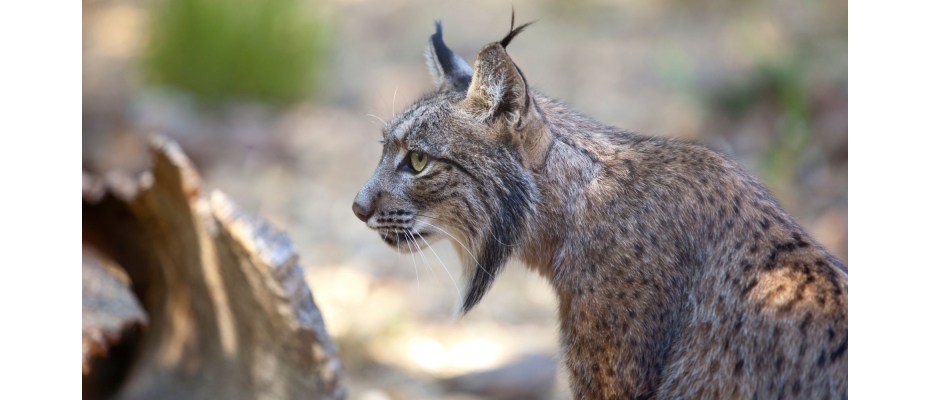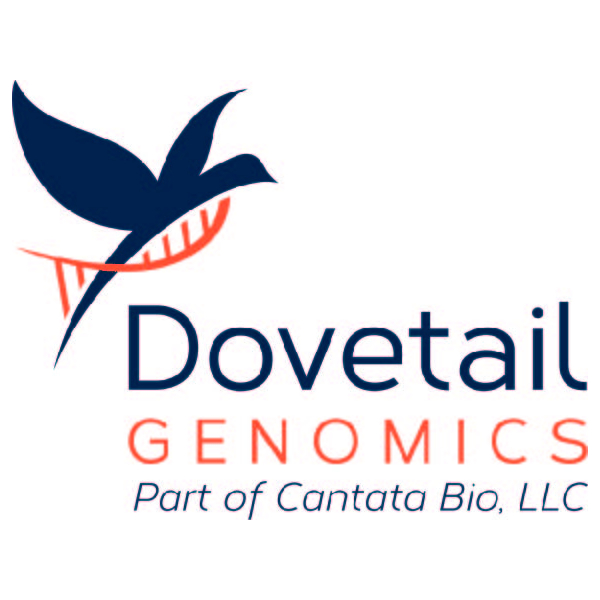
In Spain, discussing endangered animals invariably leads to conversations about the Iberian lynx. This exceptionally unique endemic species, until recently exclusive to Andalusia, numbered fewer than 100 individuals—until now. According to a report by the International Union for Conservation of Nature (IUCN), the Iberian lynx has officially been reclassified from "Endangered" to "Near Threatened", and the feline now inhabits a larger territory, across Spain and Portugal.
Since the 1960s, the population of the Iberian lynx has declined due to a combination of factors: habitat loss, poaching, road accidents, and a dwindling population of its primary prey, the European rabbit. Its survival hung precariously until signs of recovery emerged in 2022, offering hope. The IUCN reports a current population of over 2,000 individuals.
This achievement underscores the collaborative efforts of numerous conservation projects and scientific research initiatives, including the Lynx Genomics Project, directed by José Antonio Godoy of the Doñana Biological Station (CSIC) and with the participation of CNAG. The project was born under the program Proyectos Zero en Especies Amenazadas of the CSIC General Foundation. Its aim was to enhance high-quality research from a transdisciplinary perspective, aligning with the Foundation's four key strategies: endangered species; aging, disability, and disease; ecology and human development; and borders.
In the Lynx Genomics Project, our center performed detailed sequencing and analysis of the lynx genome, yielding insights into its genetic diversity, population structure, and evolutionary history. Understanding the species' genetic makeup enables conservationists to enhance breeding programs, crucial for maintaining genetic diversity and ensuring long-term survival. Moreover, genomic data has identified genetic markers linked to disease resistance, bolstering the lynx population's health and resilience.
CNAG remains committed to supporting wildlife conservation through advanced genomic research. We look forward to advancing our efforts, contributing to global biodiversity preservation and the protection of endangered species.











